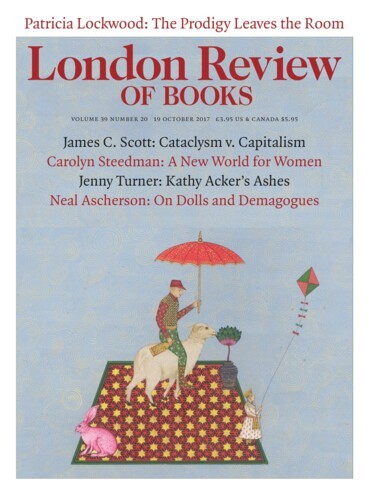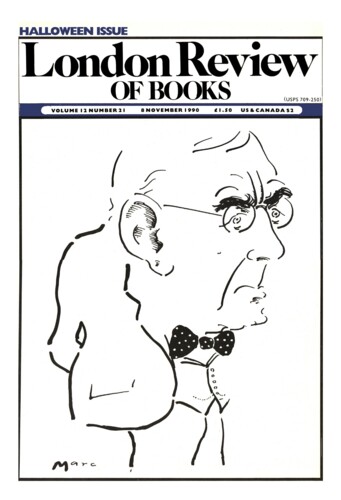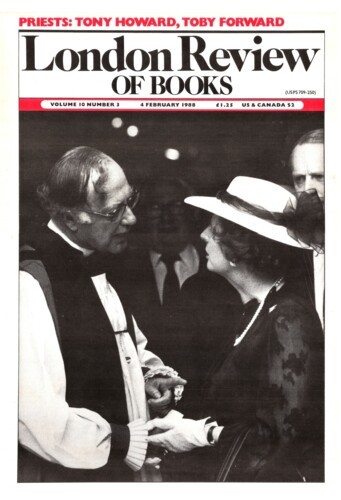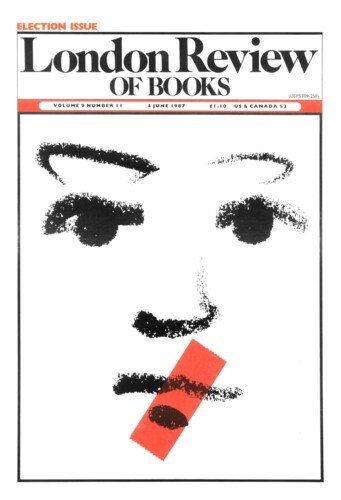Middle-Class Hair: A New World for Women
Carolyn Steedman, 19 October 2017
In my summer birdcage of reading and rereading I only cried once. It wasn’t the novels that provoked tears, but a government report. I am used to crying over government reports. Various 19th-century commissions of inquiry into child labour in libraries around the country are stained with my tears. I cried over the Robbins Report because I found for the first time something I had always known: ‘The trials that their parents had to undergo are in themselves sufficient reason for the country to exert itself to meet the needs of their children.’ A government report compiled in the spirit of social justice! I love the state because it has loved me. My tears were tears of acknowledgment.





